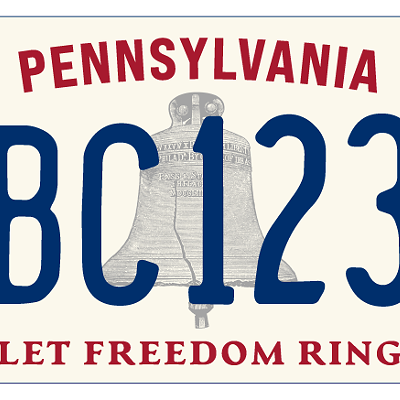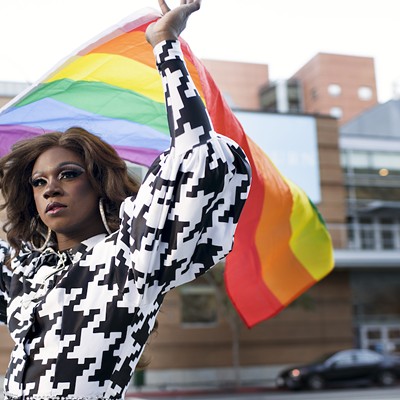Up until a few weeks ago, Pennsylvania's ban on same-sex marriage was merely a moral outrage. Just your basic case of hidebound prejudice trumping civil liberties.
Today, though, the ban may be costing my bosses some money. So never mind my usual weekly prattle about human rights: This shit is about to get real.
In June, the U.S. Supreme Court held that federal agencies must recognize same-sex marriages in states where they are legal. That was a big step forward for same-sex couples. But for employers in the states that don't recognize gay marriage, like Pennsylvania, it's a huge kick in the ass.
In states like New York or Maryland, where same-sex marriage is legal, the Supreme Court hands workers a potentially huge windfall. Social Security and Medicare benefits alone represent a "bonanza for couples in the 13 states that recognize gay marriage," the Wall Street Journal reported in mid-July. Spousal and survivor benefits could be worth in the "tens, maybe hundreds, of thousands of dollars."
Opponents of same-sex marriage have warned that the ruling will hurt businesses, by requiring them to offer health benefits to same-sex partners. On the other hand, workers in those 13 states have just received a sizable bonus, at no cost to their employers.
If you're running an auto-body shop in Cranberry or some other backwater, maybe you don't care. But if you're running a corporation that competes nationwide for talent — as even City Paper does — you are now at a serious competitive disadvantage if you want to hire an employee who happens to be gay. Thanks to the Supreme Court, a paper in Baltimore can now dangle thousands of dollars in additional benefits to a talented gay reporter ...even while offering the same paltry salary we do.
When Harrisburg politicians barred gay marriage in 1996, they weren't just depriving same-sex couples of happiness. They were also constraining the freedom of state employers to hire who we want.
"There are companies in Pennsylvania that have already point-blank told me that they have lost people because of that," says Ted Martin, who heads Equality PA, a statewide LGBT advocacy group.
In fact, Martin says, he recently spoke with a couple trying to decide whether to live permanently in Maryland or Pennsylvania. "I said, ‘If you have a chance at getting state and federal benefits there, why would you come here?'" (Advising people not to come to his home state was "a difficult position to be in," he adds.)
Local business leaders know the value of diversity. Highmark sponsors gay-pride events, while PNC Bank and K&L Gates rank among the country's best places to work for LGBT employees. When the American Civil Liberties Union sued to overturn Pennsylvania's marriage ban, the first plaintiff listed in the lawsuit was a human-resources executive at BNY-Mellon.
So far, though, businesses haven't really put their mouths where their money is. While they may offer benefits to their own employees, they haven't brought much pressure to bear on LGBT issues.
That "is something we're working on," Martin says. He notes that this spring, UPMC took an all-but-unprecedented step to publicly back House Bill 300, a proposed state law banning discrimination on the basis of sexual orientation.
Still, business leaders could be doing much more. According to the state's lobbying disclosure database, $1.1 million has been spent lobbying officials on "civil justice" issues so far this year: By contrast, some $2.8 million has been spent over efforts to reduce penalties stemming from lawsuits.
Imagine if business leaders lobbied against marriage bans as intensely as they fight for tax breaks. Imagine if UPMC head Jeffrey Romoff and Highmark head William Winkenwerder, instead of spending money denouncing each other, aired ads on marriage equality instead. ("Our relationship is sanctioned by state law," they could say. "Do you really think same-sex couples could do any worse?") Imagine if the Pittsburgh Post-Gazette's editorial page devoted as much ink to marriage equality as it has to privatizing liquor stores. It's not like the new editorials could be less effective.
In any case, the Supreme Court's decision means that banning same-sex marriage is no longer legalized discrimination. It's an unnecessary government regulation, one that puts Pennsylvania employers at a competitive disadvantage. And Harrisburg Republicans hate that stuff.
Don't they?














